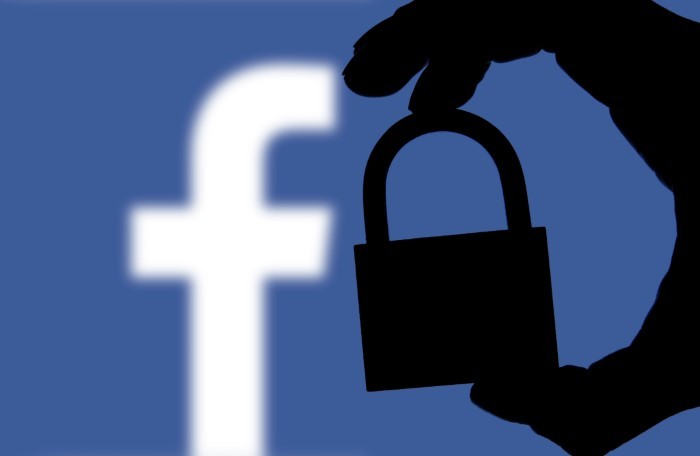Security News

Scammers are now targeting people who have filed for unemployment insurance through a phishing campaign designed to capture sensitive information. In a warning posted on Wednesday, the FTC warned of a new series of deceptive text messages and emails that lead you to websites spoofing your state's workforce agency.

The US Federal Trade Commission and a coalition of 48 state attorneys general on Wednesday filed a pair of sweeping antitrust suits against Facebook, alleging that the company abused its power in the marketplace to neutralize competitors through its acquisitions of Instagram and WhatsApp and depriving users of better privacy-friendly alternatives. Specifically, the lawsuits seek to rescind the acquisitions of Instagram and WhatsApp, spinning off both platforms into independent companies, prohibit Facebook from imposing anti-competitive conditions on software developers, and require the company to seek prior notice and approval for future mergers and acquisitions.

The "Suspend Participant Activities" feature is enabled by default for all free and paid Zoom users; and, meeting participants can also report a disruptive user directly from the Zoom client by clicking the top-left "Security" badge. That advice includes deleting the vulnerable meeting and creating a new one with a new meeting ID, enabling security settings, or using another Zoom solution, like Zoom Video Webinars or OnZoom.

Zoom Video Communications, the maker of the popular Zoom video conferencing solution, has agreed to settle allegations made by the US Federal Trade Commission that it "Engaged in a series of deceptive and unfair practices that undermined the security of its users." The settlement requires Zoom to - among other things - establish and implement a comprehensive security program and to not engage in further privacy and security misrepresentations.

Federal regulators are requiring Zoom to strengthen its security in a proposed settlement of allegations that the video conferencing service misled users about its level of security for meetings. A complaint filed by the agency accused Zoom of deceiving users over security since at least 2016.

The Federal Trade Commission received almost 2 million complaints from Americans regarding illegal robocalls during the first nine months of 2020. "Through the first nine months of Fiscal Year 2020, the FTC received more than 2.7 million complaints about unwanted calls, including 1.9 million complaints about robocalls."

Twitter may be facing a Federal Trade Commission fine of up to $250 million, after the social media giant last year revealed the improper use of users' email addresses and phone numbers. In its October 2019 notice about the improper data use, Twitter explained that it had matched its users to advertisers' marketing lists based on the email or phone number the Twitter account holder provided during two-factor authentication.

Facebook on Thursday said it has started to report its privacy practices to a newly formed, independent Privacy Committee. As part of this, an independent, third-party assessor will also review Facebook's privacy practices and report on them to the Privacy Committee and the FTC, both quarterly and annually.

Children's app developer HyperBeard has agreed to pay $150,000 after being accused by the Federal Trade Commission of illegally collecting children's data without parental consent. A recent complaint filed by the Department of Justice claims that the app developer allowed third-party ad networks to collect personal data from children using its apps - without notifying parents or obtaining verifiable parental consent.

The Federal Trade Commission has approved a settlement with Canadian smart lock maker Tapplock, which allegedly falsely claimed that its devices were designed to be "Unbreakable." Toronto-based Tapplock, Inc. is an Internet of Things technology company that provides smart security solutions for both business and end-users alike.